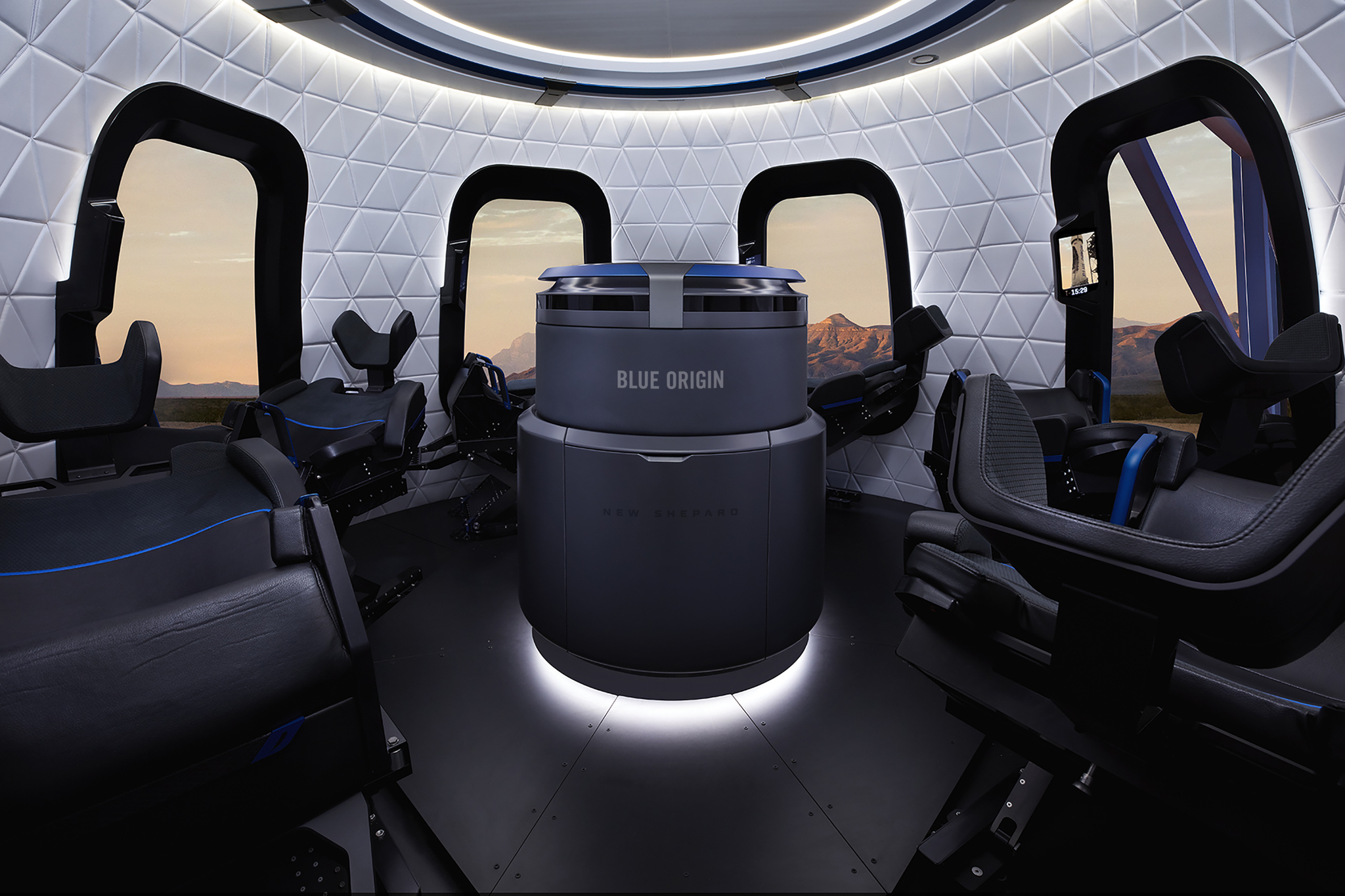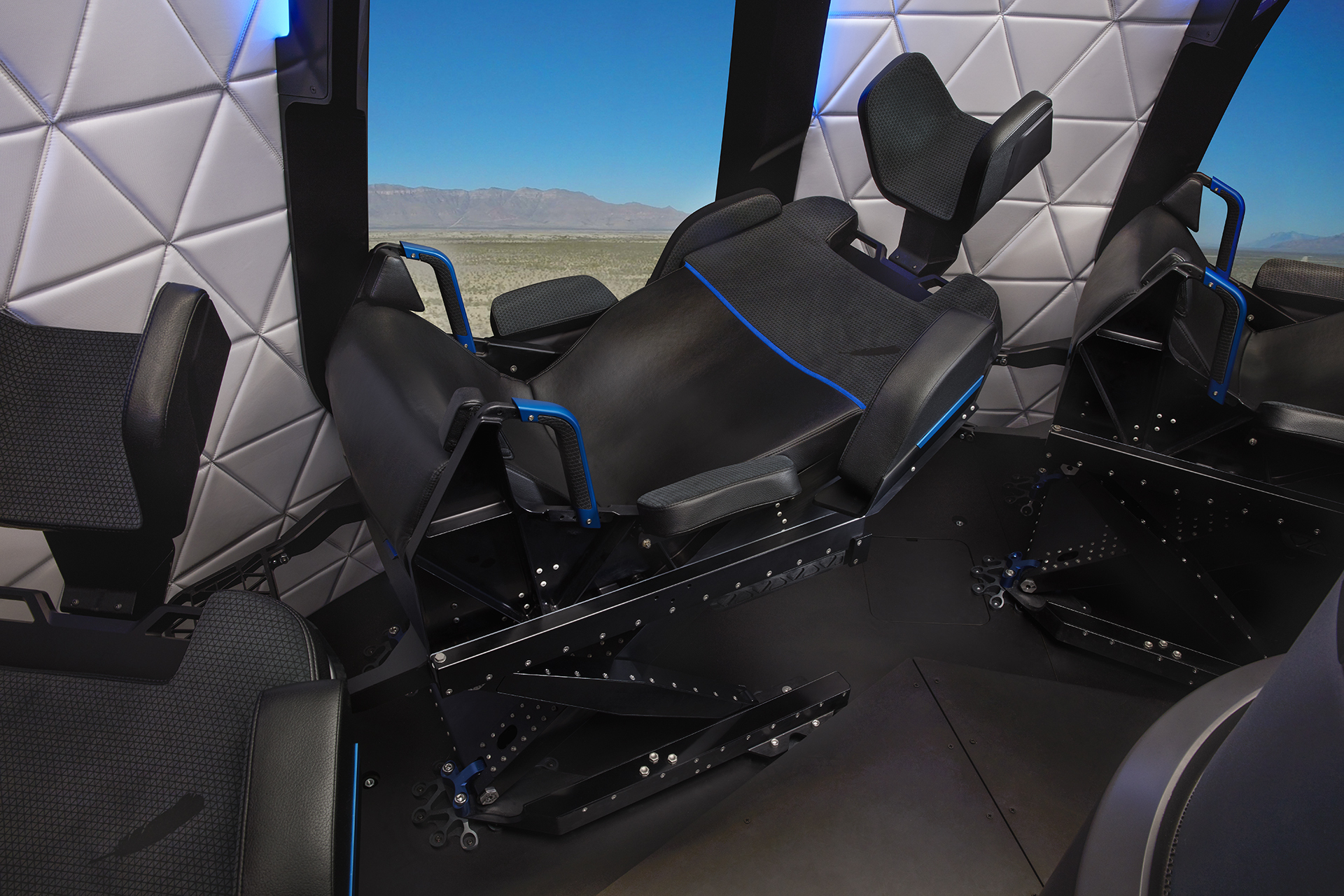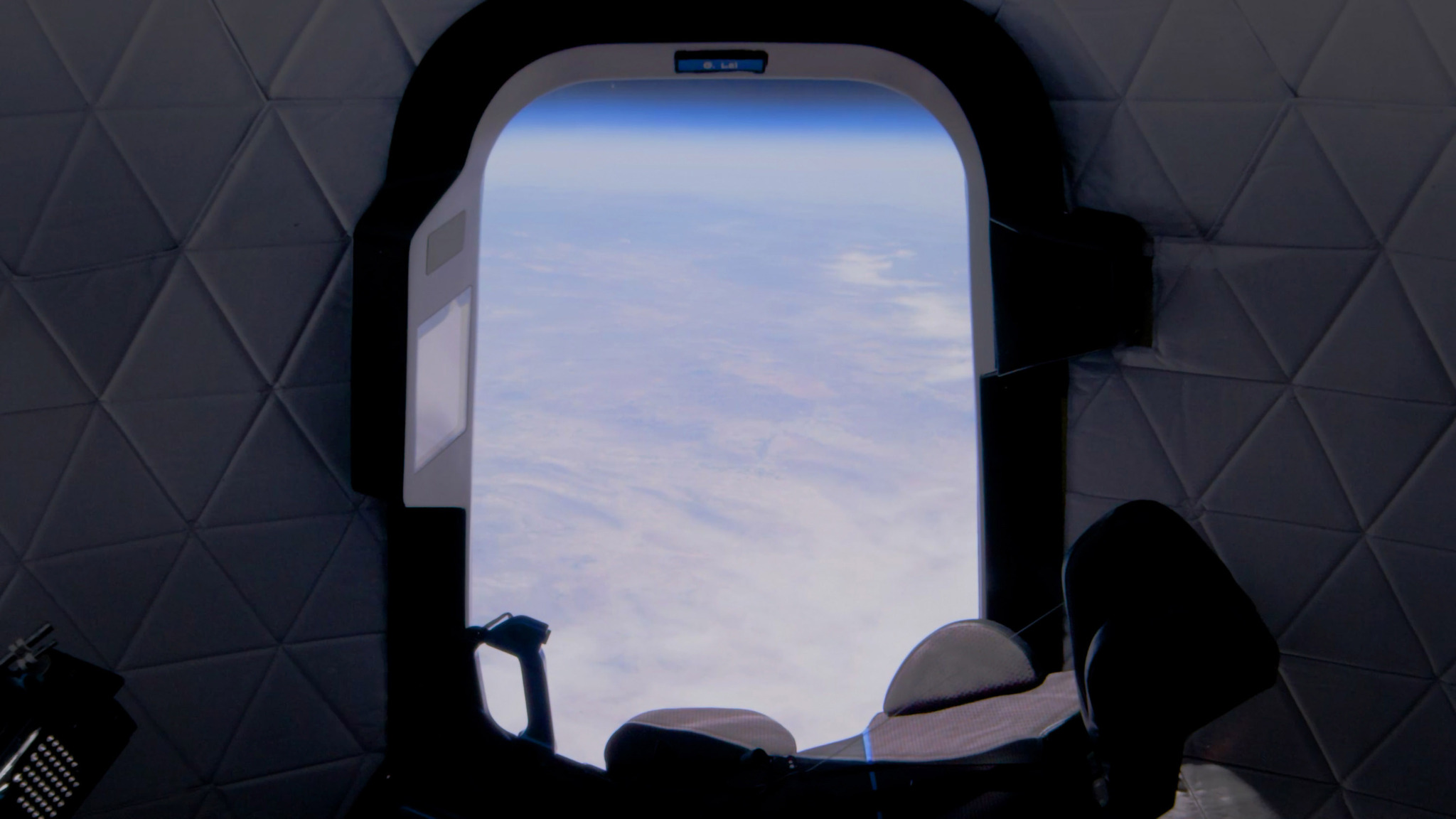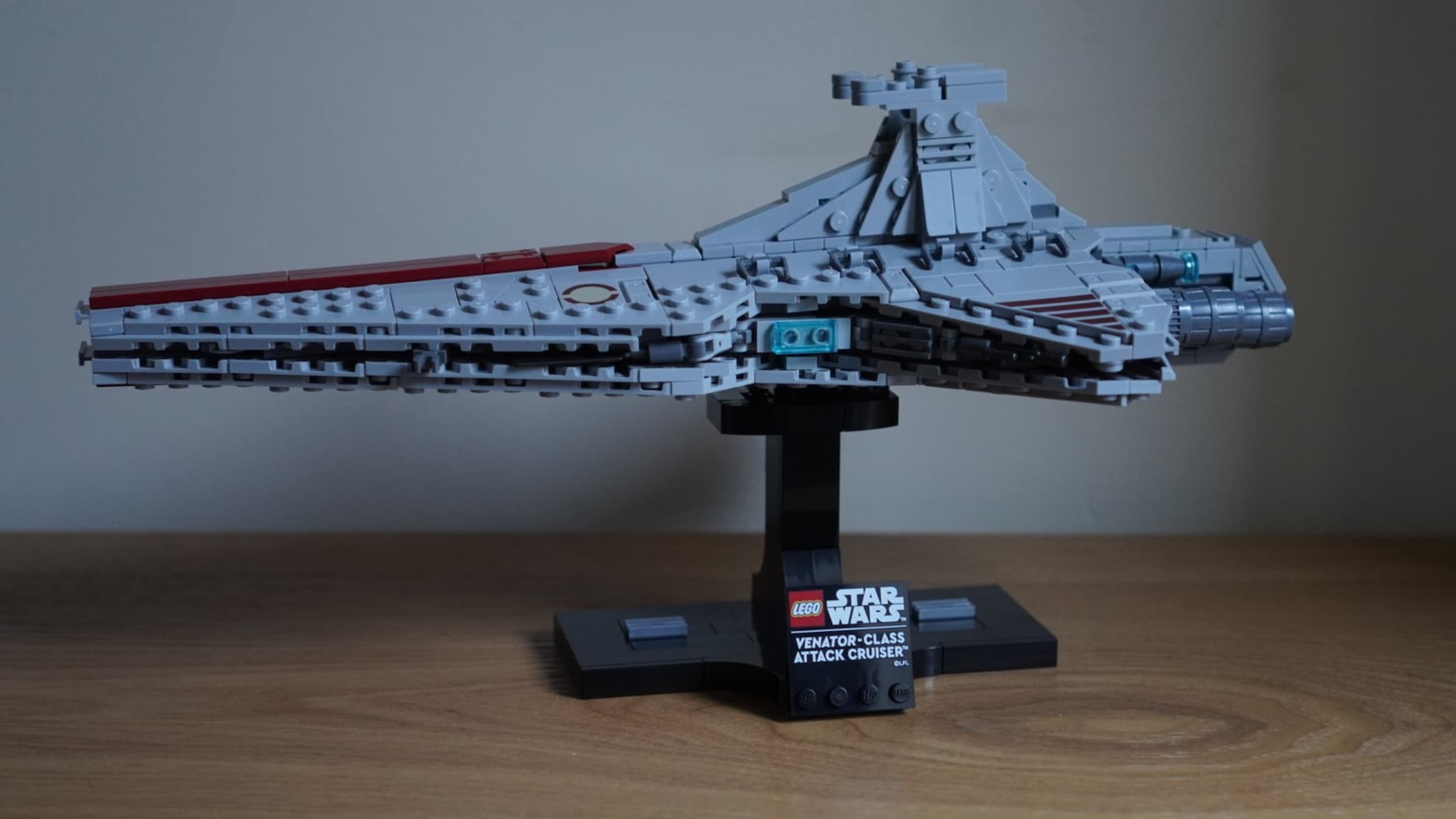Blue Origin launch will be the 1st fully automated flight with civilian astronauts: report
Breaking space news, the latest updates on rocket launches, skywatching events and more!
You are now subscribed
Your newsletter sign-up was successful
Want to add more newsletters?
The crew aboard Blue Origin's first astronaut launch on Tuesday (July 20) will take a giant leap into the unknown when they fly the first automated flight with an all-civilian crew, according to a media report.
Blue Origin will launch four civilians, including the company's billionaire founder Jeff Bezos, on its its suborbital New Shepard rocket on Tuesday from Launch Site One near Van Horn, Texas. There has never before been a fully autonomous suborbital or orbital flight with an all-civilian crew, Teal Group space industry analyst Marco Caceres recently told Reuters.
The 11-minute space shot on a suborbital path will include four people who have never been in space before, although one of them is a highly respected civilian pilot who attempted to make it into the NASA space program in the 1960s.
Related: How to watch Blue Origin launch Jeff Bezos into space on July 20
Live updates: Blue Origin's first astronaut launch updates
That crew member, Mercury 13 aviator Wally Funk, has logged more than 19,600 flight hours as an instructor and pilot, which likely provides her some in-air experience for the "anomalies" astronauts are trained to face.
But the other people will be experiencing a highly dangerous environment for the first time, including billionaire Blue Origin founder Jeff Bezos, his brother Mark (whose background is in advertising), and paying passenger Oliver Daemen, who at age 18 is said to be working towards a pilot's license and plans to study physics.
As any astronaut will tell you, space is inherently dangerous and dozens of professionals have lost their lives during training or operations. Blue Origin does have a terms and conditions document that among other things, requires participants to sign an informed consent document — a common practice among companies that offer risky activities like skydiving.
Breaking space news, the latest updates on rocket launches, skywatching events and more!
Related: Blue Origin's launch with Jeff Bezos: Everything you need to know
The company also designed its spacecraft deliberately to accommodate only passengers, not pilots, to increase revenue potential, as presumably each one would be paying money for the opportunity. But what is worrying some observers, Reuters said, is this is the very first crewed flight of New Shepard (although 15 uncrewed tests came before.)
Some "company insiders," who were not named, told Reuters that they would have preferred that Blue Origin flew at least some astronauts or technical experts upon this flight. This would have been useful for collecting "data and technical feedback for a program in its infancy," Reuters wrote, which could help improve the flight experience for later customers.



The Blue Origin crew will receive two days of training with assistance from two staff members, Reuters reported. While that education pales beside the typical 2.5 years of basic training NASA makes it "astronaut candidates" complete before even being assigned to a flight, the staff members will provide headset instructions during the flight to the Blue Origin customers, too.
Yet there is still some concern that the passengers may not be able to respond adequately to instructions and especially in case of emergency, as they may be distracted or overwhelmed, Reuters reported. "It's kind of like getting on a ride at an amusement park," Caceres told Reuters. "You just trust that everything has been checked out, is in good working order ... and you just sit back and enjoy the ride."
Blue Origin is not alone in offering all-civilian opportunities to untrained astronauts. Business billionaire Jared Isaacman bought seats aboard a SpaceX Crew Dragon for himself and three others (two contest winners and a former childhood cancer patient, all working in fields outside of aerospace), for the Inspiration4 mission slated to launch later this year. The rookie crew recently underwent "weightless" training for the first time.
Competitor Virgin Galactic, however, always flies two trained pilots aboard the spaceliner VSS Unity. It also ran several piloted test flights in space (although the definition of whether Virgin Galactic reached space varies) before allowing any passengers to come aboard. When founder Richard Branson took his famous spaceflight on July 11, the crew area included three Virgin Galactic employees and among them, Beth Moses had already been to space on a previous test flight.
Visit Space.com on July 20 for complete coverage Blue Origin's first astronaut launch.
Follow Elizabeth Howell on Twitter @howellspace. Follow us on Twitter @Spacedotcom and on Facebook.

Elizabeth Howell (she/her), Ph.D., was a staff writer in the spaceflight channel between 2022 and 2024 specializing in Canadian space news. She was contributing writer for Space.com for 10 years from 2012 to 2024. Elizabeth's reporting includes multiple exclusives with the White House, leading world coverage about a lost-and-found space tomato on the International Space Station, witnessing five human spaceflight launches on two continents, flying parabolic, working inside a spacesuit, and participating in a simulated Mars mission. Her latest book, "Why Am I Taller?" (ECW Press, 2022) is co-written with astronaut Dave Williams.

